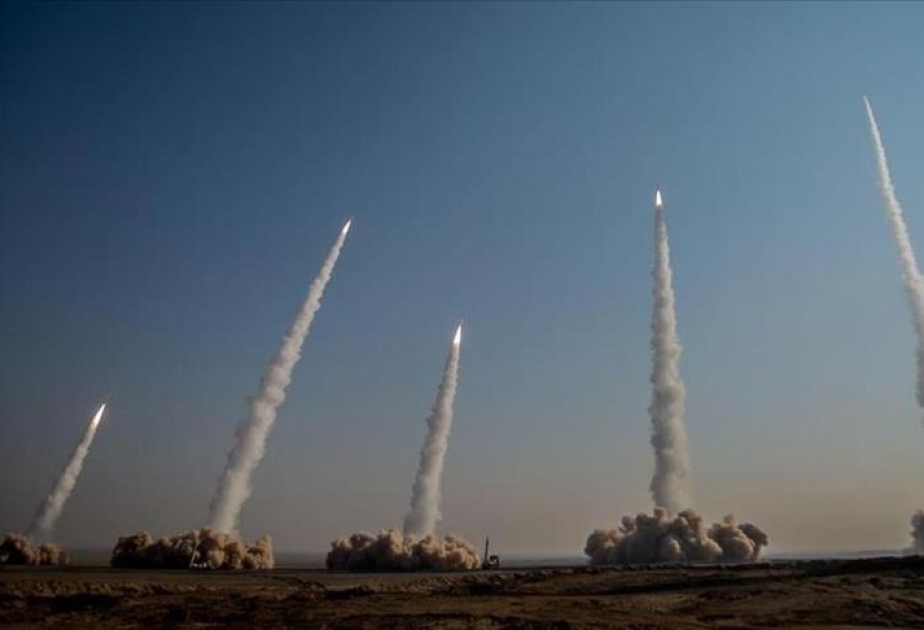
Turkish and Serbian professors are working on an early warning system to protect the border areas of NATO countries against nuclear attacks, according to Anadolu Agency.
The project, which was prepared by Türkiye’s Bolu Abant Izzet Baysal University and Serbia’s University of Nis to develop an early warning system for the protection of NATO countries, was accepted by NATO.
The project began about three months ago, according to Bolu Abant Izzet Baysal University.
Ercan Yilmaz, a physics professor at the Turkish university, is leading the production of sensors.
Meanwhile, the Serbian team will develop reader circuits and software compatible with these devices.
Yilmaz told Anadolu that the defense system will be integrated to a drone to scan NATO borders constantly.
“We have made our simulations. We have also completed our design. We will have completed the sensor part in about eight months. The other party has started the work on the electronic circuit. The system will be integrated into a drone. The drone will constantly cross the borders of NATO countries. In case of any nuclear smuggling, it will be able to identify and see it,” he further said.
Yilmaz said the system will play a crucial role in detecting nuclear attacks in advance.
“It will give advance notice in case of a nuclear attack. It can be used as an early warning system,” the professor added.
Goran Ristic, a professor with electronics engineering department at Nis University of Serbia, said the system will be used to measure radiation and will be important for all countries.
Aleksandar Jaksic, a consultant for the project from Ireland, said the system will help detect any nuclear attacks, even a dirt bomb.
“NATO countries will be able to use it easily. It will help detect any nuclear attack or even a dirty bomb. In this respect, it will boost the security of NATO countries substantially,” he said.
The project is expected to be completed by two years.
 Oval Useful news from Azerbaijan and Caucasus
Oval Useful news from Azerbaijan and Caucasus


